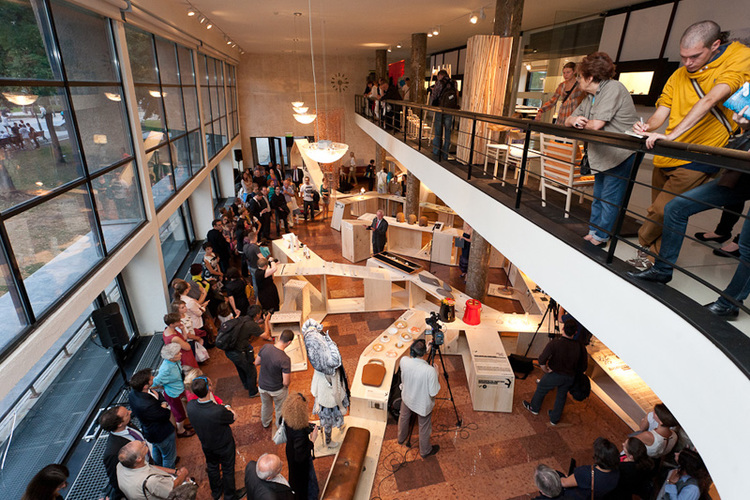How to scale
Javascript development?
Things have changed. Today JS is no longer the add-some-animation-to-my-website language. It's now the language of the web. On the client, on the server, on the mobile, everywhere. But let's face it: JS still has challenges. Just look at large scale applications, like apps with 1 million lines of code (aka 1mloc apps) or with multiplatform development. What if we don't write native JS, but we use it as an assembly language? Can we think of Javascript as a runtime environment?
mloc.js presents talks and workshops for advanced developers on the challenges of building and maintaining large and complex applications in JS with special focus on:
- generating JS from compiled languages
- programming paradigms for safer, faster, and more productive development
The event isn't gonna be huge, but it will be hard core. We're talking developers to developers. We have invited everyone who generates javascript as well as anyone who has ideas on how to (ab)use javascript in better ways.
Why not propose a talk, if you have an idea.






























































 Central Europe becomes the playground of JavaScript programmers for a week! Now you can get entry to both conference on a discounted price!
Central Europe becomes the playground of JavaScript programmers for a week! Now you can get entry to both conference on a discounted price! 














